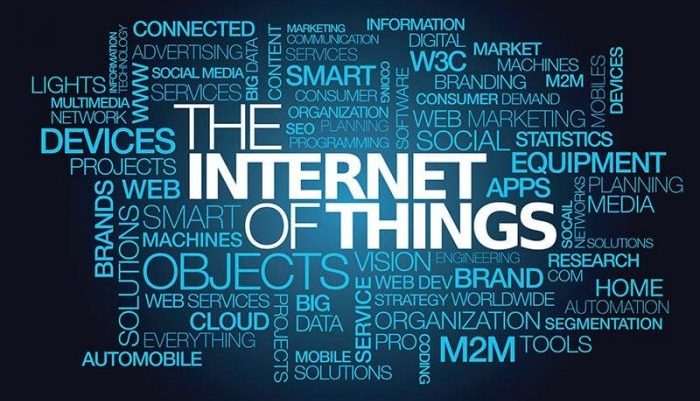
In recent year IoT (or internet of things) solutions have started to become more popular among enterprises and consumers. They offer a large variety of features, with one of the most popular ones being the If This Then That, a protocol which interprets and certain actions and takes an appropriate. For example, opening the door to the house will activate the lights in the hall automatically.
According to official statistics, there are 7 billion active IoT devices across the world, and the number may grow up to 21 billion in less than six years. There are several types of IoT accessories on the market and a lot of options. But a major paradox has surfaced, giving headaches to manufacturers and users alike.
Customers want to use IoT devices which are highly customizable and can interact easily with other devices. To offers such functionalities the manufacturers have to develop devices which are compatible with a large number of other IoT solutions while also being easy to use.
A major paradox stems from the fact that many people are preoccupied by privacy and security of IoT solutions, with a recent survey showing that 60% of the participants believe that IoT devices collect an unnecessary amount of data. However, this data is essential for offering personalized options yet people don’t seem to be willing to share it.
This paradox places developers and platforms in a difficult willing since they have to optimize the personalization opportunities while also keeping the data private. In an ideal world, IoT manufacturers, software developers and entities who sell third-party devices would work together to offer the best of both worlds.
Transparency would be an essential step in the right direction. If the platform providers and the manufacturers will explain clearly what happens with the data collected from the users, many potential customers will be convinced that an IoT solution will not leak private information to elusive entities.
